Georgia Innocence Project visits Chamblee

Photo courtesy of Kaylee Powell
Students listening to the presentations
October 18, 2021
October 2, 2021, marked the eighth annual Wrongful Conviction Day, a globally recognized day meant to raise awareness of the impact wrongful convictions can have on exonerees and their families. Black Excellence Understood (BeU) and the Georgia Innocence Project (GIP) hosted an outdoor presentation for multicultural literature, forensic science, and American literature classes to join together and learn from those who have faced wrongful conviction and been exonerated. This gave many students opportunities they didn’t have before to learn about wrongful incarceration from the two presenters, Calvin Johnson and Clarence Harrison.
“I mean, I’m excited to see [the presentation] but it is a little bit sad that [the wrongful incarcerations] had to happen and that [these incarcerated men] were involved in that sort of thing. I just think it’s going to be an educational experience for everyone. Hopefully, it will leave some good,” said senior Camille Thorpe (‘22) prior to the event.
The GIP’s mission statement says “Georgia Innocence Project (GIP) is an independent nonprofit organization that works to correct and prevent wrongful convictions in Georgia. Collaborating with a network of pro bono lawyers, volunteers, and students, GIP attorneys and staff conduct investigations into criminal convictions where modern DNA testing was not available at the time of trial.”
The GIP presentation was set up by Yasmin Anderson, an American literature teacher and the sponsor of BeU.
“[BeU is] just an opportunity to allow students to come in and learn about black culture, and try to get [involved with] community [service] as much as we can, even though COVID is restricting us this year, but trying to get students comfortable with being who they are, learning about the black culture and being able to just have a comfortable spot to be able to embrace and talk about that,” said Anderson.
Multicultural literature has been reading “The Other Wes Moore”, “How to be an Antiracist”, and “White Fragility” throughout the school year and in anticipation of the event.
“The books we read in class definitely did prepare me for the presentation. Before the books and presentation, I was already aware of the injustice going on in the justice system and the fact that people are actually sitting in there for crimes they, in fact, did not commit. After reading the books, I felt as if I had more perspective as to what the speaker was saying and how he’d felt being wrongfully convicted,” said senior Chandni Lalwani (‘22).
BeU wanted to be able to host a pandemic safe assembly for students to learn about wrongful convictions in Georgia, so they invited the GIP to give a presentation at Chamblee.
“Once we started this year, for BeU, we knew we were limited on the things that we’d be able to do. So I started brainstorming with a couple of our other members to see what we would be able to do,” said Anderson. “And literally the next day, in my mailbox, […] there was an individual that reached out to me from the Georgia Innocence Project. And I don’t know how [but] a meeting of the minds came together somehow, through email. He actually reached out to me to talk about it, the opportunity for us to possibly do something with either our club or school.”
She also decided to extend this offer to students outside of her club and classes. The classes chosen to participate were based on their current curriculum.
“I figured out some things that other teachers were doing in their classes and how the Innocence Project [correlated. The presenters] have different lesson plans that [gear towards] the things that they [will] talk about. So forensics, of course, with the DNA, that’s something that [the GIP] covers. […] So [the GIP said] if you want to include [other] classes, these are the things that would meet the standards that Georgia requires,” said Anderson. “I knew of some of what the [other teachers] were working on [and] what they’re doing. I went and talked to a few teachers to ask them if that would be something they would be interested.”
The goal of bringing the GIP to Chamblee was clear for BeU president Victor Walls (‘22).
“We want to expose some of the students to the hardships that these people faced and to keep them engaged and give them an interesting story that can maybe inspire them or make them an advocate for change,” said Walls.
Students were actively interested in the idea of the GIP coming to Chamblee.
“I’d like to be more informed because, as of right now, I don’t know very much about about the topic of false incarcerations, but I think it’s really important. So it’s better to be like, slightly uncomfortable and informed than to be ignorant and to not know what’s going on,” said Thorpe before the presentations.
Friday was the first time many students had ever heard about the GIP. This was a chance for Chamblee to learn about the GIP, their goals, and how they can help.
“I had heard of them, but I didn’t know exactly what they were or what they did. They work to get the wrongfully convicted out of prison and into a better situation,” said Walls.
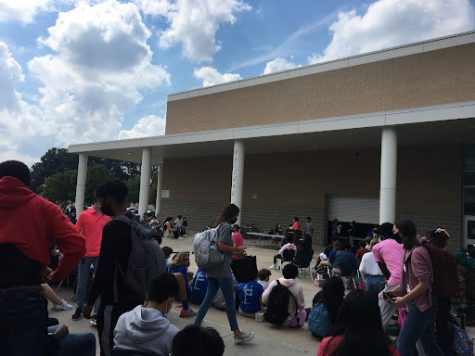
On October 1, over 200 students gathered in the Bulldog Plaza to hear from the presenters.
“The atmosphere was good, but I could tell that it was hard to sit still for [many] because of the heat, and at times it was hard to hear the speaker,” said Walls. “However, as the speakers started to speak, the students got more attentive and got attached to the speakers and their stories.”
The first presentation featured Calvin Johnson, a now 63-year-old man who was wrongfully incarcerated for over 16 years. He was convicted of rape and sodomy after 2 partial eyewitness statements. With the little information they had, the jury convicted him. After getting in touch with the innocence project, Johnson was proven innocent when newly developed techniques could test the rape kit.
“I honestly had no idea what to expect going into it. The presentation itself brought a roller coaster of positive and negative emotions. It was horrible to listen to everything Calvin endured, relieving to hear of his exoneration and the work of the GIP, and depressing, knowing there are countless innocent people still incarcerated today. These feelings stuck with me the rest of the day,” said Thorpe.
Some students were given the chance to ask questions and have further discussions with Johnson.
“I was able to have some one-on-one time with [Johnson] and I learned a lot, but specifically him having to work every day [inside the prison], that was absolutely horrible. It made me imagine being an innocent man but having to do free labor and not getting any type of compensation,” said Walls.
The afternoon presentation was started by Christina Cribbs, the senior attorney from the GIP. Founded in 2002, the GIP is almost 20 years old. The original staff consisted of one attorney and very few staff members. They now have 17 staff people including a staff attorney, pro-bono coordinating attorney, case analyst, program manager, and more.
Harrison told his story about how he was convicted of rape and theft because he was in the wrong place at the wrong time and because of a rumor that he had stolen a watch. The court system then continued to cheat him out of a fair trial when they allowed him to be questioned without a lawyer present and presented the small amount of evidence they had incorrectly to the jury. Harrison plead innocent. Harrison tried to fight his conviction but was told all the DNA evidence was destroyed. He eventually got in contact with the Georgia Innocence Project who proved him innocent after finding two slides remaining from the rape kit. Those slides proved what Harrison knew all along, that he was innocent.
Many of the listeners felt enraged that there was a need for the GIP in the first place.
“I felt kind of good about it because at least there’s an ounce of justice, but I do remember thinking it shouldn’t take that long and an outside organization’s help [fixing] a problem he did not cause, but it’s good that they stepped in,” said senior Zaid Goodman (‘22).
These stories left listeners with a few takeaways and ideas on better reform.
“I remember thinking, at some point, how the system for recovery was unfair because [Johnson] spent 16 years of his life in prison and only he got $500,000 from the state and he had to sue and fight for that,” said Goodman. “Personally I don’t think money could’ve covered it, I mean it helps, [but] personally I think it should be at least a million a year, […] but it should be more than just money.”
Because the GIP came to Chamblee, turnout was bigger than expected. Unlike in the past when students have had to leave for presentations or speeches, making it more costly and difficult, more students this time could join in on the presentation. Some could even listen for a bit while they walked in between classes.
“A field trip would definitely have an added dollar sign to it and maybe deter some students from coming, however since it is here, all students have an opportunity to hear these people’s stories,” said Walls.
This presentation has begged the question “what can we do to help?” from students who are interested in doing more. The presenters encouraged students to help because young voices are powerful.
“The presenters said you don’t need a law degree to make a difference. No one on their team went to law school. They pursued this line of work because they were interested in it and wanted to make a difference. We can do the same thing by educating ourselves and voting,” said Thorpe.
The GIP is also requesting that people with programming experience help them create a Google Chrome extension. They also offer internships to college and high school students (to apply for an internship, click here). If you would like to find a more specific volunteer opportunity, they show up on the GIP website when available (for volunteering opportunities, click here). To learn more, you can visit the GIP website at any time.
“Yeah I would definitely be interested in helping [the GIP], hearing stories like that kind of tugs at your soul and makes you wanna help. The speakers themselves were inspiring as well,” said Walls.
Even though students don’t have as many field trips this year due to COVID-19, they seem appreciative of the event and hopeful for what’s to come.
“I hope we get more opportunities like this to speak with people who are really out there and help them with activism because I think that’s a great thing to have high schoolers be exposed to,” said Thorpe.

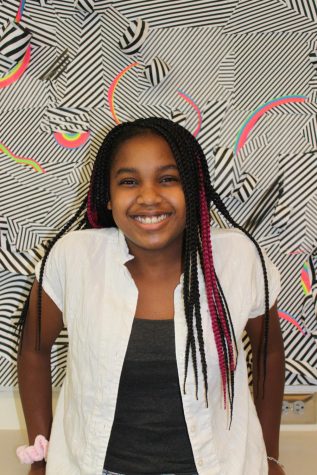
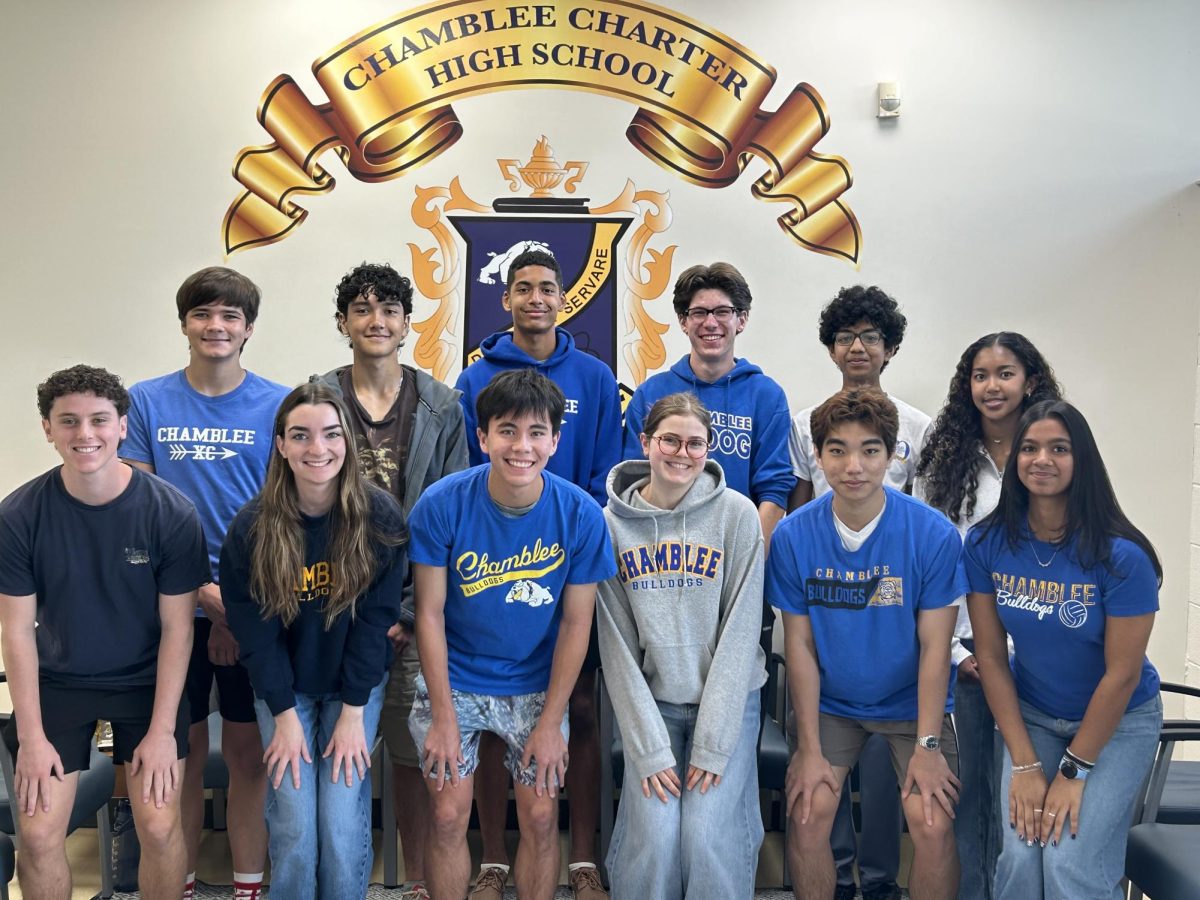
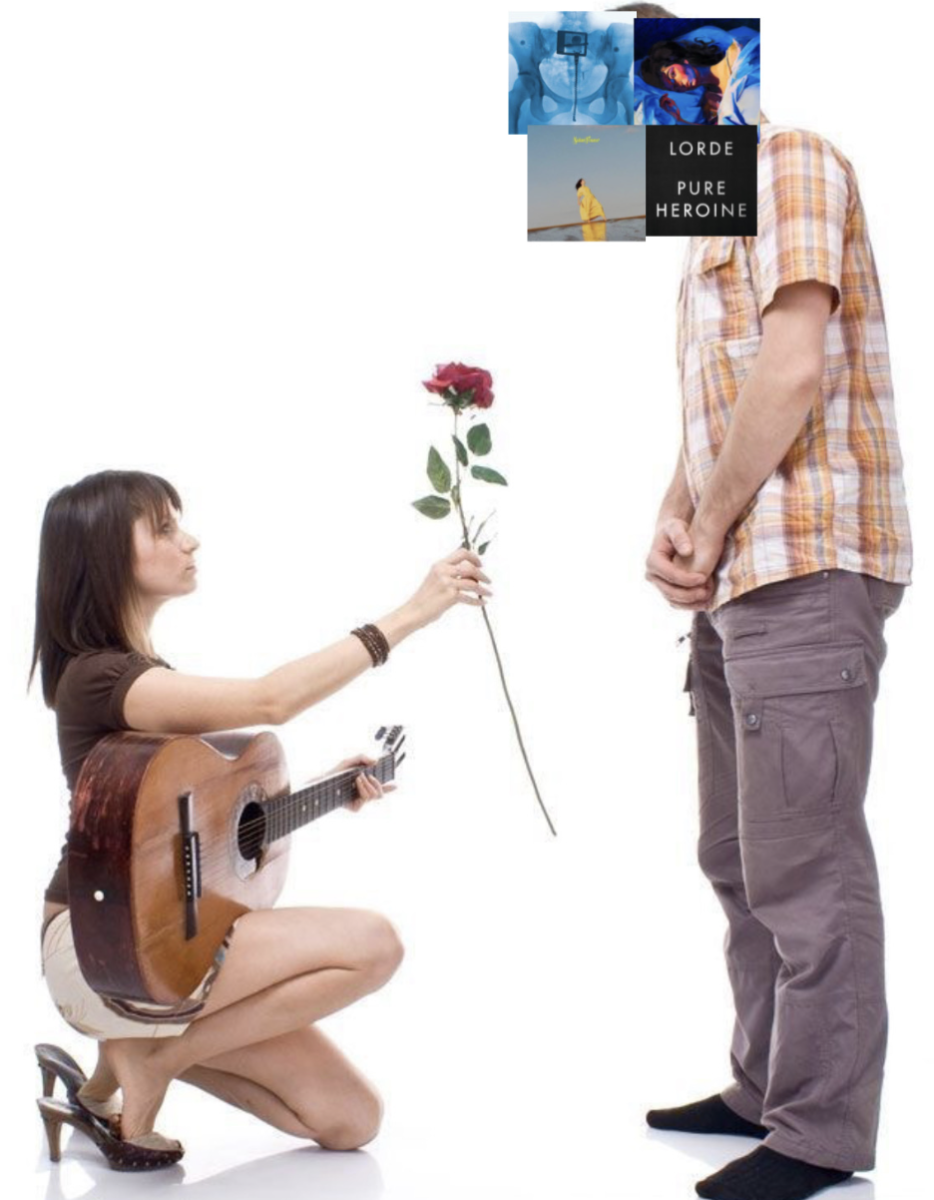
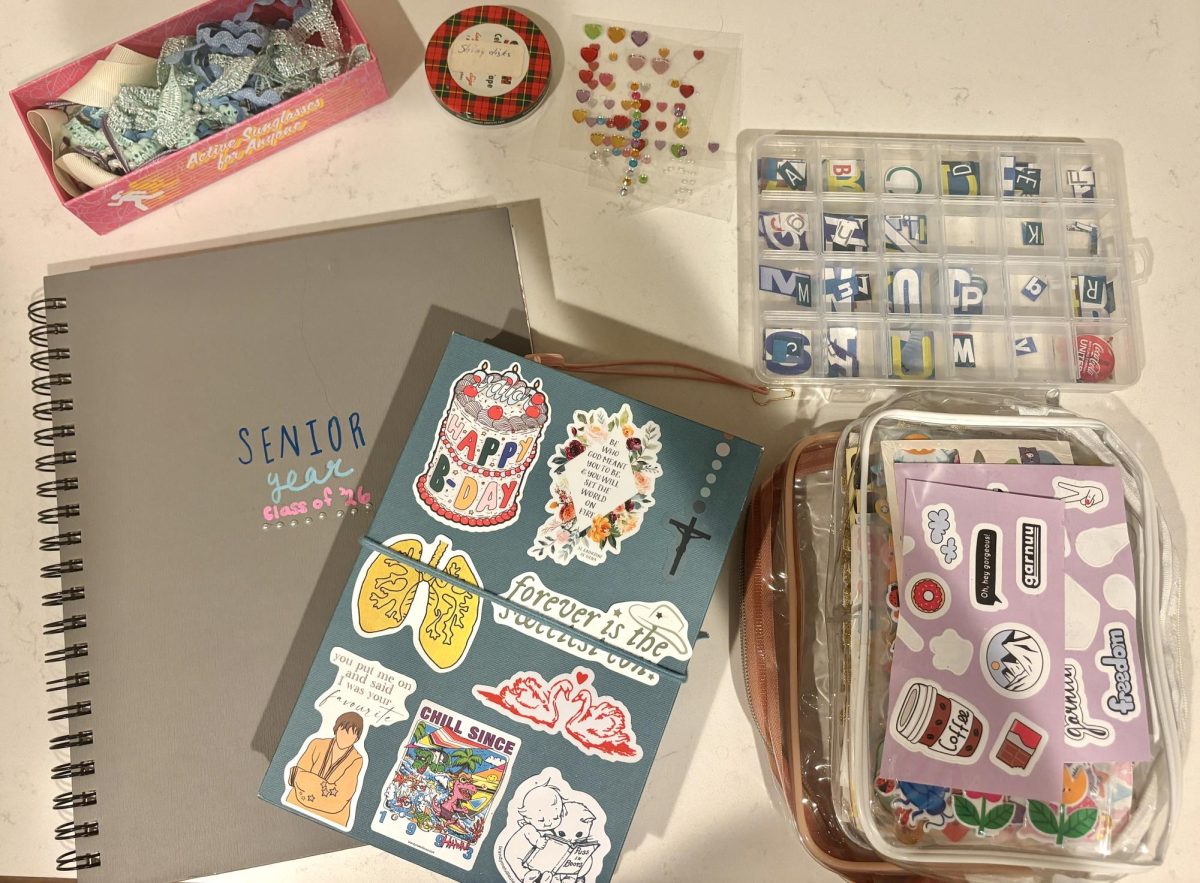
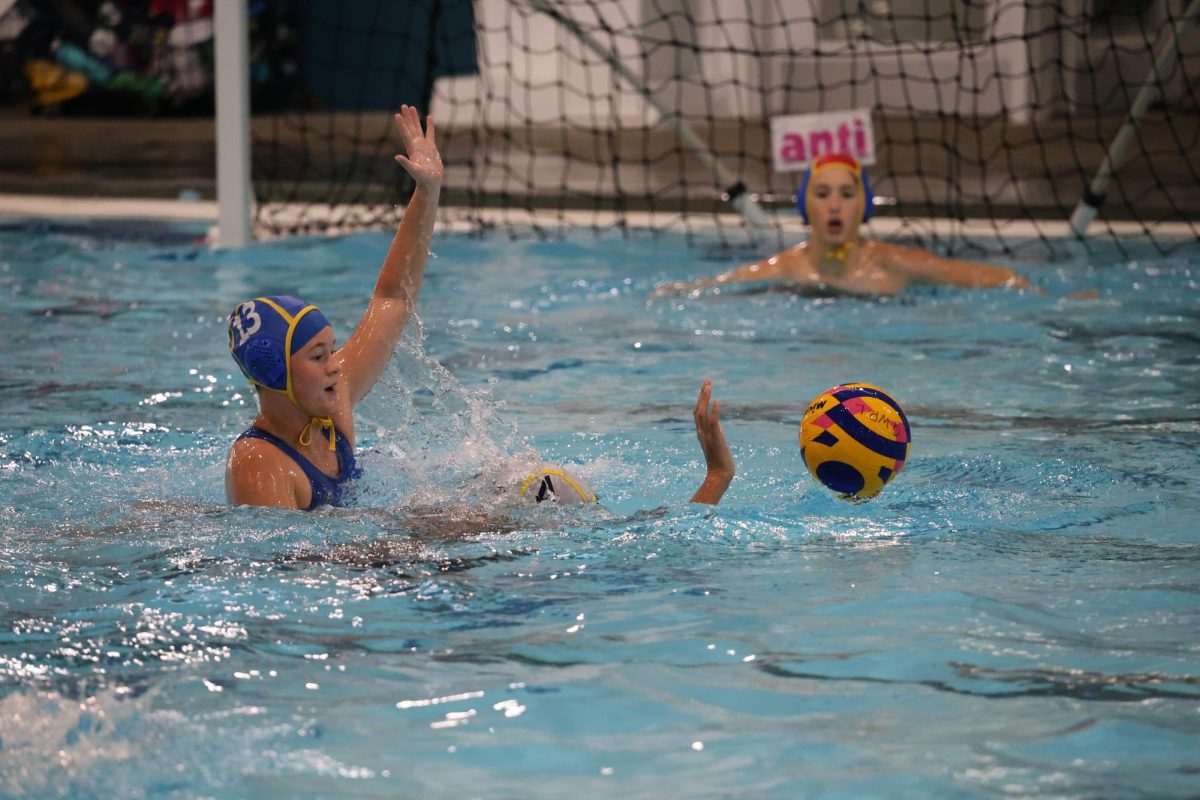
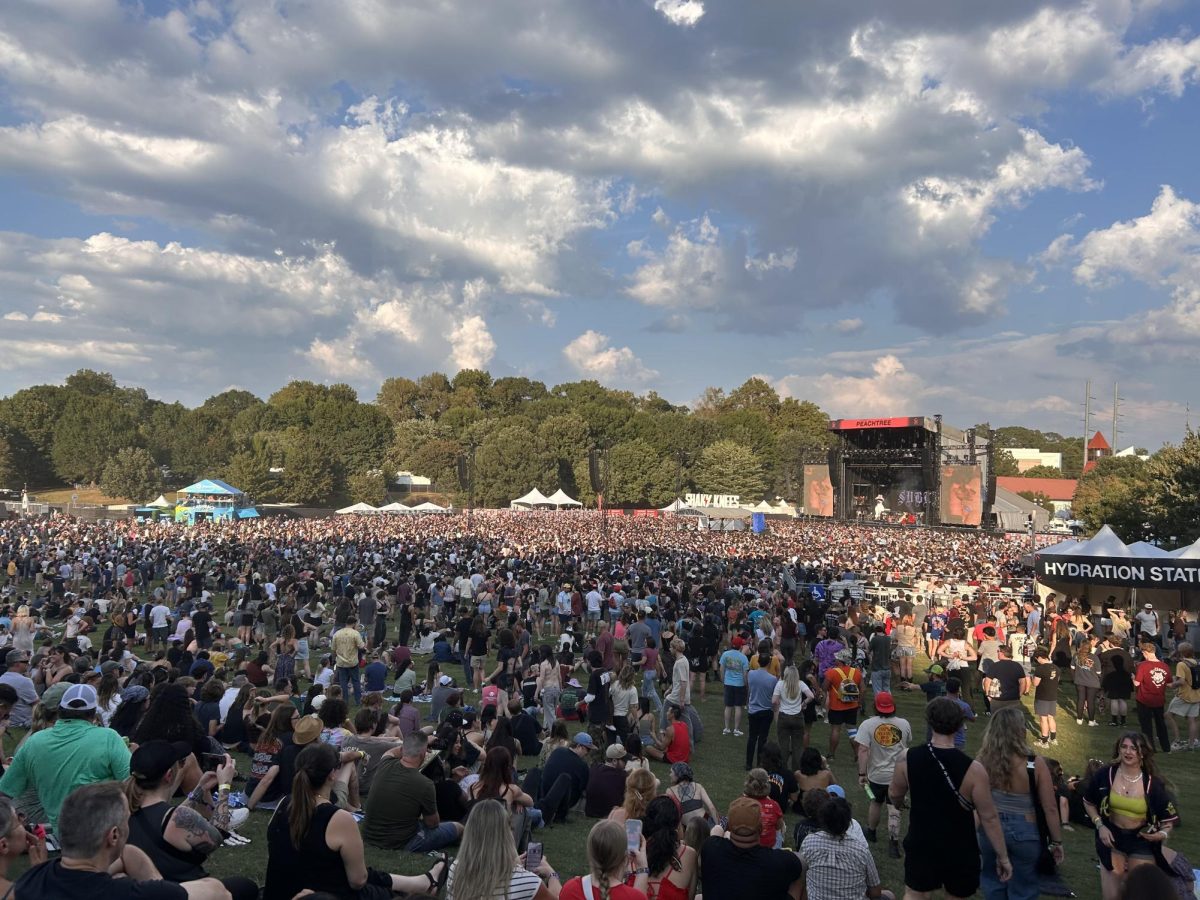
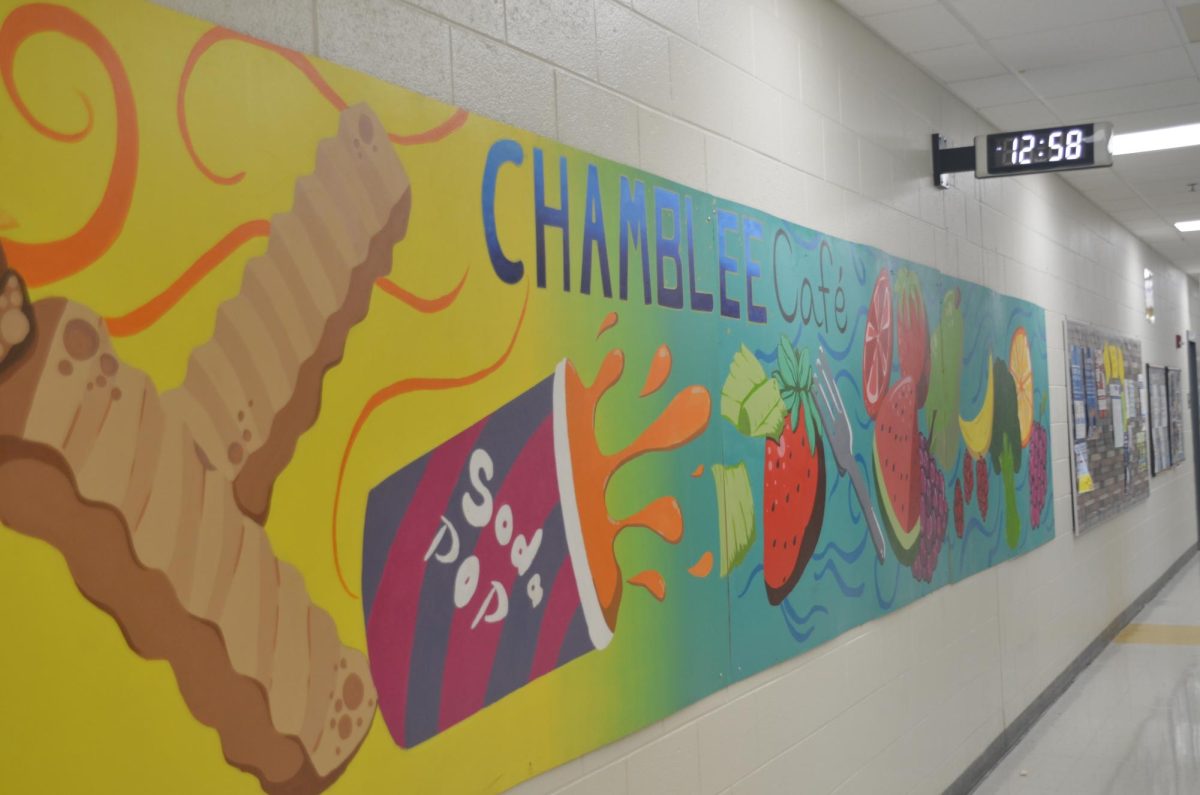




E. Avett • Oct 18, 2021 at 1:22 pm
What a meaningful cause and organization. Glad students were able to be a part of the discussion.